Uinta Basin CarbonSAFE
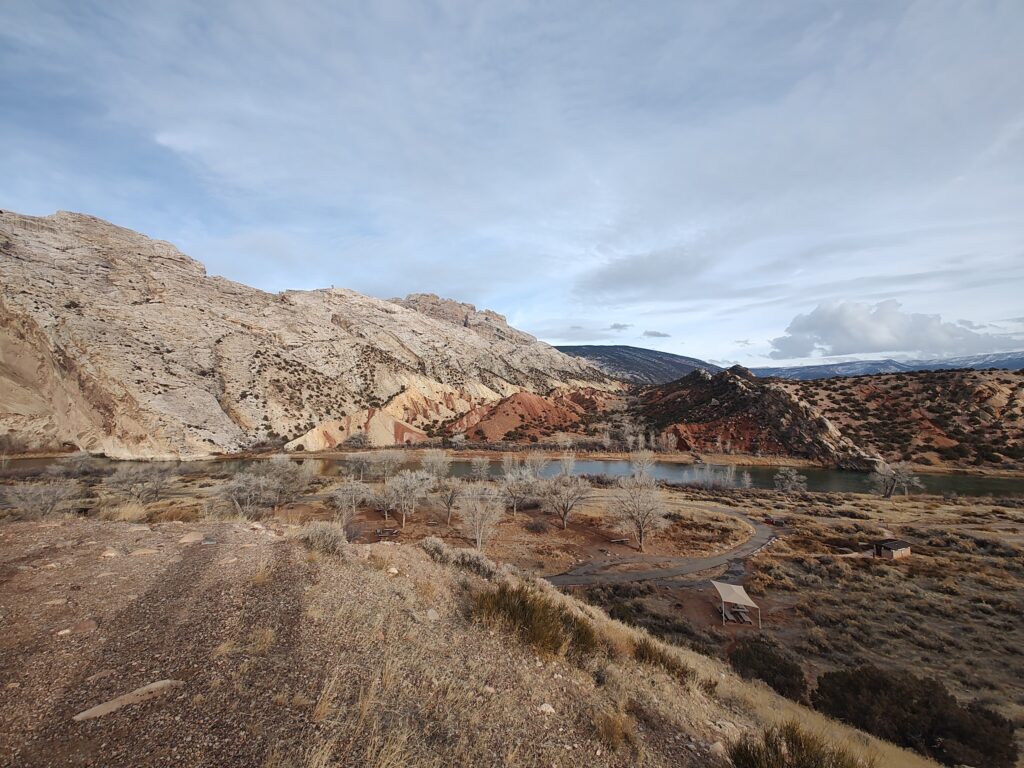
The primary objective of the Uinta Basin CarbonSAFE phase II project is to establish the technical and economic feasibility of a commercial-scale CO₂ geological storage complex in the northeast Uinta Basin, Utah, to sequester at least 50 million metric tons of captured CO₂ securely and economically from the Deseret Power Electric Cooperative Bonanza Power Plant and other sources in 30 years.
Cloud-Based High-Performance Computing Decision-Making Software

Reaction Engineering International (REI) and the project team are developing a next-generation, cloud-based decision-making software platform that integrates a wide variety of tools into a single, easy-to-use application with a web-based user interface, with capabilities to evaluate and optimize project planning, costs, risks, and uncertainty.
Wabash CarbonSAFE
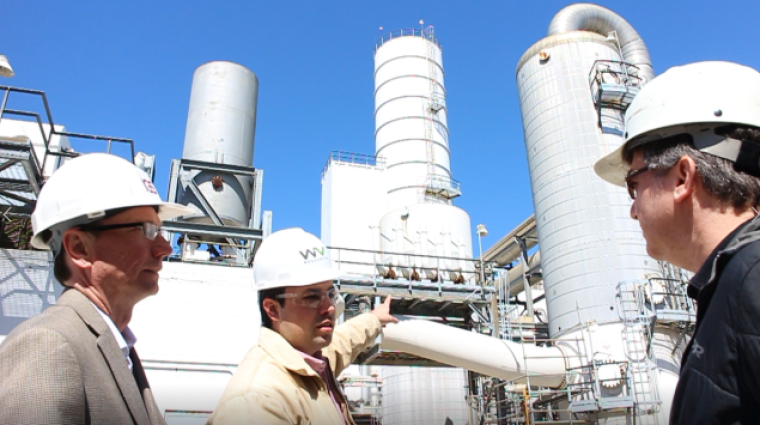
Wabash CarbonSAFE is one of the first six projects awarded for Phase II work by the U.S. Department of Energy. The project will establish the feasibility of developing a storage complex associated with the Wabash Valley Resources facility near Terre Haute, Indiana. The former Wabash integrated gasification combined cycle power plant at this location is being repurposed for hydrogen or ammonia production and will serve as the primary source of CO2 for the storage complex.
CarbonSAFE Illinois Storage Corridor

CarbonSAFE projects aim to address R&D knowledge gaps and develop the technologies needed to deploy commercial scale CO2 storage (50+ million metric tons).
SimWIND: Software to Support Wind Siting and Environmental Challenges
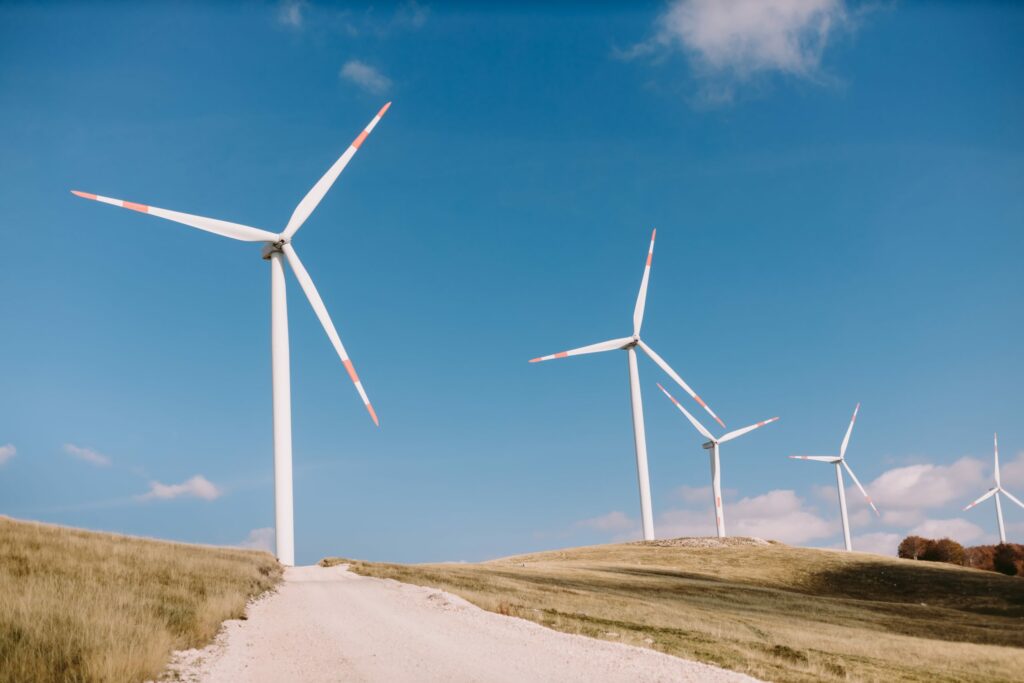
This project is developing a new software package, called SimWIND, to support wind energy planning by balancing (1) natural resource and societal impacts and other environmental factors, (2) wind power generation potential (i.e., wind-generated electricity at any given site), (3) transmission planning and routing, and (4) integration into the electric grid.
PSHAUM: Innovative Energy Storage Technology
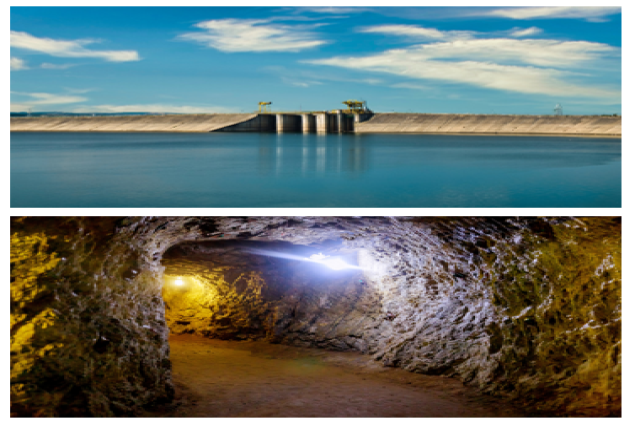
Despite exponential growth in utility-scale battery storage in recent years to approximately 1 gigawatt operating capacity, pumped-storage hydropower (PSH) still accounts for over 90% of all utility-scale storage in the U.S. and globally. PSH is a proven, cost-effective technology that is poised for massive expansion throughout the U.S. if the “ΔH challenge” can be solved.
MRCI: Midwest Regional Carbon Initiative
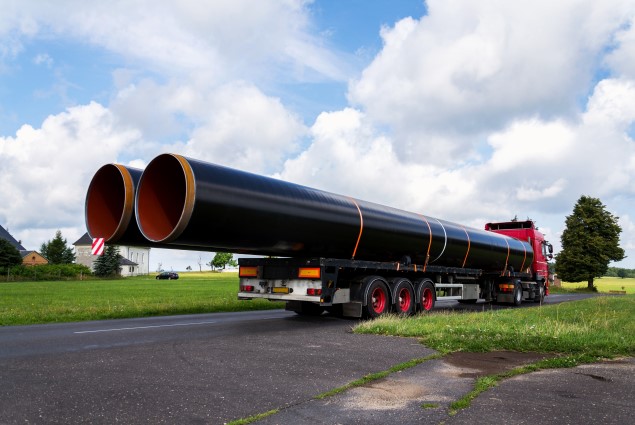
The Midwest Regional Carbon Initiative (MRCI) is a broad coalition of partners dedicated to accelerating the deployment of CCS technologies in the Midwest and Northeastern United States.
CUSP: Carbon Utilization and Storage Partnership of the Western United States
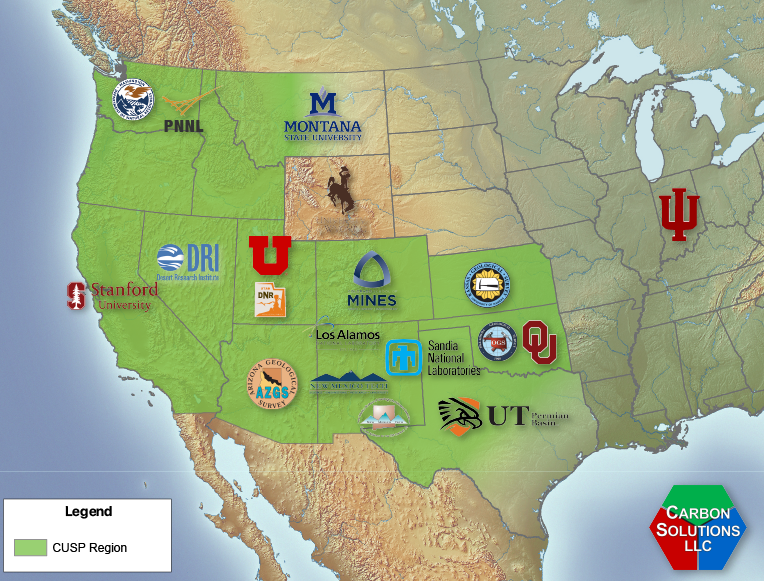
The Carbon Utilization and Storage Partnership (CUSP) of the Western United States is a US Department of Energy-funded Regional Initiative established to accelerate onshore CO2capture and storage (CCS) technology deployment in the western region of the US.
Design Development and System Integration Design Study for an Advanced Pressurized Fluidized Bed Combustion Power Plant
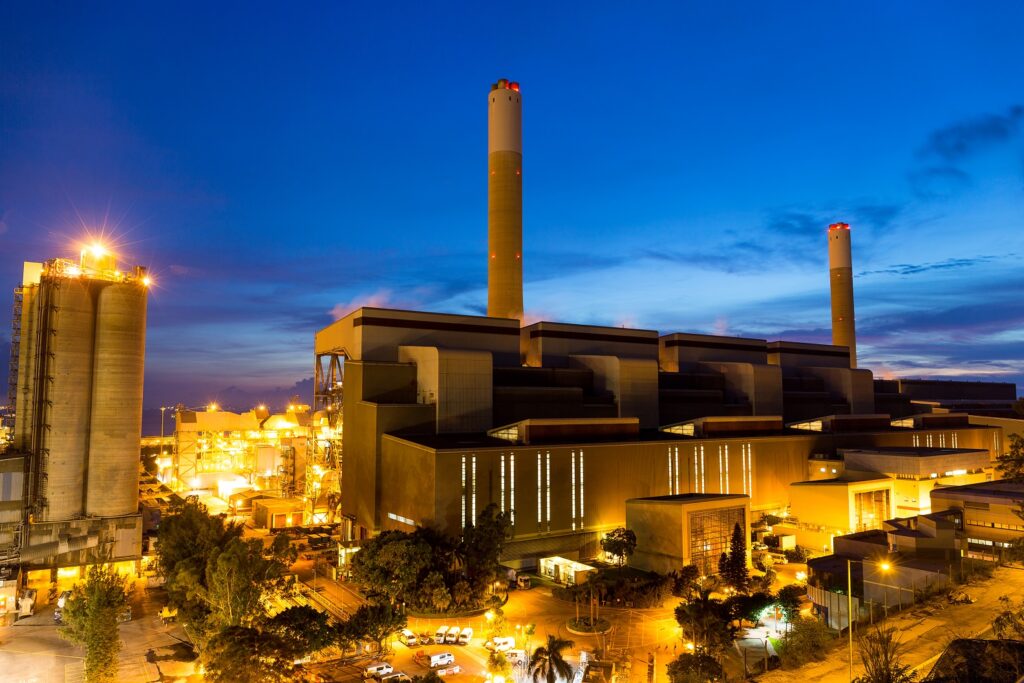
CONSOL Energy is designing an advanced carbon-negative power plant that runs on waste coal and biomass, with the potential to be demonstrated in the next 5–10 years and achieve market penetration by 2030. CONSOL previously completed a conceptual design and pre-FEED study for a ~300 MWnet advanced power plant using pressurized fluidized bed combustion (PFBC) technology. This project will advance the end-to-end development of the advanced PFBC technology, including plant design, host site development, environmental considerations, CO2 disposition strategy, energy equity, techno-economic analysis, and lifecycle assesment. The project will provide a roadmap for decision-makers, investors, engineers, construction contractors, and other stakeholders to build this first-of-a-kind powerplant.
SEEJust: Siting Hydrogen for Equity and Energy Justice
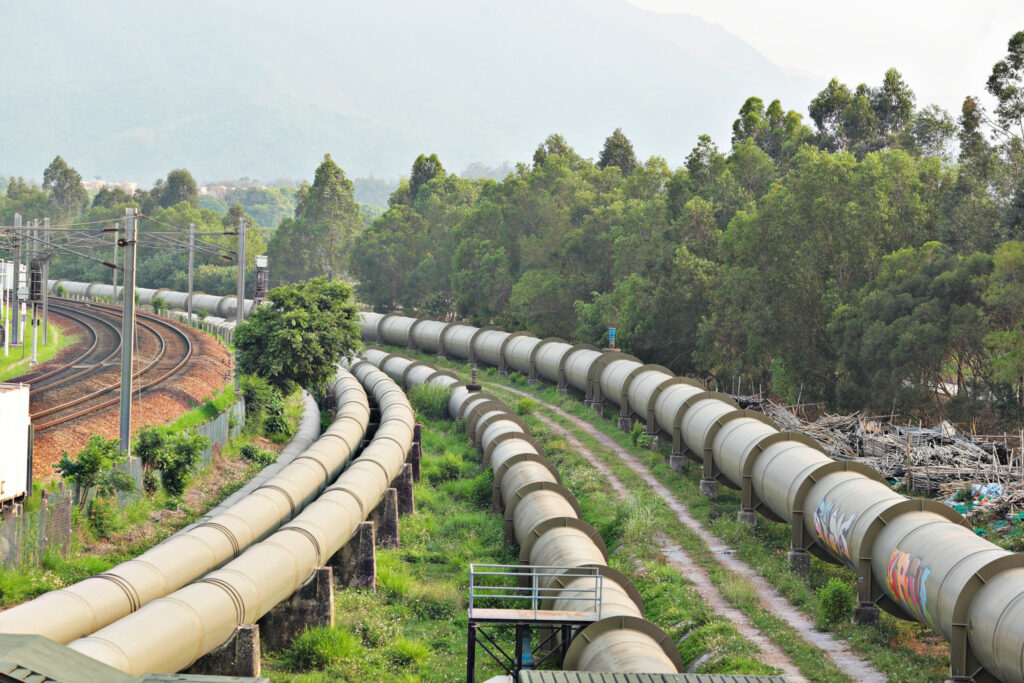
This tool allows site developers, industry, community members, and environmental justice advocates to look at the same data at all stages or project planning in one place. SEEJust will help raise awareness and integrate community benefits at the beginning of the project.
